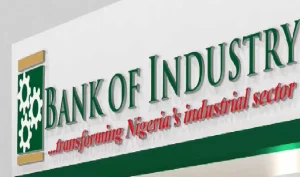
According to the Central Bank of Nigeria (CBN), personal loans in the fourth quarter of 2022 decreased to N1.75 trillion from N1.85 trillion in the previous quarter. The decline in consumer credit, which includes personal and retail loans, was attributed to higher borrowing costs.
The CBN’s economic report for the fourth quarter highlighted a 3.5 percent decline in consumer credit from N2.4 trillion in Q3 to N2.32 trillion in Q4 2022. The report cited the impact of higher borrowing costs resulting from a 250-basis point policy rate hike during the period. As a result, consumer credit as a share of total claims on the private sector dropped by 0.6 percentage points to 8.1 percent from 8.7 percent in the preceding quarter.
Personal loans accounted for 75.6 percent of the total consumer credit, while retail loans accounted for 24.4 percent in Q4.
The decrease in consumer credit was a result of the CBN’s tightening monetary policies aimed at curbing inflation. The central bank has raised the interest rate six times since last year, from 11.5 percent to 19 percent.
CBN Governor Godwin Emefiele explained that the decision to continue raising the Monetary Policy Rate (MPR) was driven by the need to address inflation. He emphasized that lowering the MPR would undermine the objective of dampening aggregate demand, which contributes to inflationary pressures.
Despite the negative impact on the organized private sector, the CBN reiterated its commitment to raising the interest rate until inflation falls below 15 percent. The central bank noted that maintaining a negative interest rate discourages investments, hampers savings mobilization, and accelerates capital outflows. The CBN aims to narrow the gap between inflation and the MPR, gradually moderating the increases once inflation reaches below 15 percent and further narrows to 12 percent.
Recent data shows that the monthly inflation rate in Nigeria has not been below 15 percent since November 2020, over 28 months ago. The inflation projection for 2023, as outlined in the Nigerian budget, is 17.16 percent. If inflation remains at or above this level, the CBN may continue to raise the interest rate, potentially impacting manufacturers and key players in the private sector.







